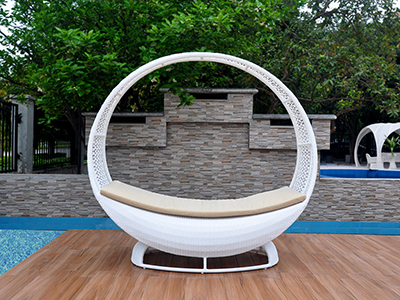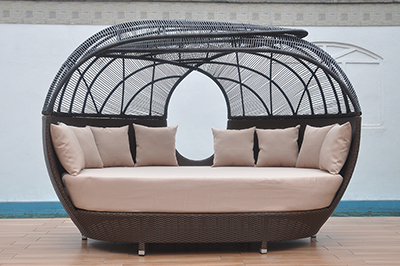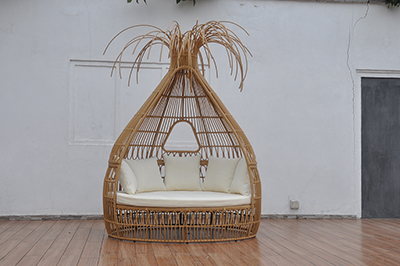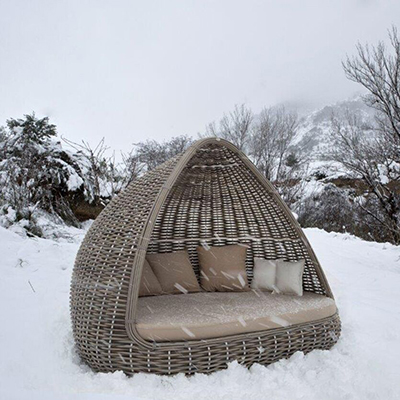In order to implement this national policy, the Japanese government first started with legislation. In June 2000, the Japanese government promulgated the "Basic Law for the Promotion of the Formation of a Recycling Society" and took the first step in building a recycling-oriented society. Since then, Japan has implemented a number of laws that specifically specify the methods for reusing resources from different areas. In April 2001, the “Recycling Law for Household Appliances†was adopted, which stipulated that waste air conditioners, refrigerators, washing machines, and televisions should be recycled by manufacturers, and users should deliver a small amount to manufacturers. Recycling costs; In April this year, the Japanese government proposed the "Automobile Cycle Act", which stipulates that automobile manufacturers are obligated to recycle used cars and recycle resources, while owners need to pay about 20,000 yen for recycling; by the end of May. Japan also implemented the “Construction Recycling Law,†which stipulates that by 2005, the recycling of waste cement, asphalt, sludge, and timber at construction sites will reach 100%.
These three laws embody the 3R principles of circular economy, namely, Reduce, Reuse, and Recycle. According to statistics, 600,000 tons of garbage will be turned into waste through the implementation of the "Circuit of Household Appliances Recycling Law." The "Car Recycling Act" can turn millions of tons of garbage into renewable resources, and accounts for 70 million tons of garbage in Japan each year. A considerable proportion of construction site waste will also be properly recycled according to the “Construction Cycle Lawâ€. The Japanese government plans to adopt various measures to reduce the amount of landfilled waste from the current 74 million tons to 37 million tons by 2010, and to 3.7 million tons in 2050, and eventually reach zero emissions of garbage.
With the government's legislation on waste recycling, companies have taken measures to actively promote the reuse of resources. In the enterprise product development process, the proportion of garbage recycling technology is increasing, and recycling issues such as how home appliances, automobiles, and buildings are re-used when they are demolished will all be taken into consideration. At the same time, companies continue to develop new recycling technologies to turn waste directly into renewable resources in the factory and try to achieve zero emissions. For example, in the famous Toyota Corporation in Japan, the original factory waste was discharged to more than 9,800 tons. After recycling technology is used, iron scraps are recycled into useful metals, rubble is crushed and processed into tiles, and sludge becomes a garden fertilizer. Only 900 garbage remains. More tons. In addition, companies are actively involved in recycling social waste. Some companies in the Edo district of Tokyo have recently begun recycling food waste from supermarkets and restaurants to ferment and produce biogas. This saves energy and protects the environment.
In order to mobilize the enthusiasm of the people for participating in environmental protection, the Japanese government has promulgated the White Paper of the Recycling Society this year. Education for the protection of the environment must start with me, fundamentally change the concept, stop ignoring garbage, and treat garbage as a useful resource. For example, on the issue of garbage classification, the Japanese government called on every Japanese to start from me and participate consciously. Stacked together is rubbish, classified storage is the resource, such as the bottle can be reused, waste paper can change pulp, leftovers can be used as fertilizer and power generation raw materials. According to the survey, 80% of Japanese nationals have already taken practical actions. Garbage classification is becoming more and more detailed, and the 3R principle is being deeply rooted in Japan.
As human beings enter the 21st century, there are two major trends that deserve attention: one is the information society and the other is a recycling-type society. The recycling-oriented society is to bid farewell to the traditional economic resource-product-waste model and form a virtuous circle of resources-product-recycling resources, and take a truly sustainable development path. In this regard, Japan has already taken the lead in the world.
Outdoor Wicker Daybed is modern stylish choice for resort and hotel projects.The contemporary design is combined with all-weather PE wicker,study aluminum frame and UV protected fabric cushion.
Outdoor Wicker Daybed is classic among patio furniture. They are easy in maintenance and look naturally, plus they are ideal for the terrace,patio and poolside. Wicker furniture is available in many different versions – sectional outdoor sofas, sofas, sets or chairs. The full offer is available on our website. Since the demand for furniture has grown in recent years, the wider offer has been created. We are convinced that our broad and attractive assortment will suit any tastes.
Features
· Perfect for simply relaxing in your holiday with family and friends
· Waterproof and UV-resistant wicker rattan
· Removable thick cushions
· Waterproof fabric is engineered to endure the weather and resist fading, mildew, and stains to extend the life of your cushion
· Powder-coated aluminum/synthetic wicker/polyester
Maintenance tips
· Do not use any abrasive cleaning agents for cleaning
· Clean the chaise lounge with a damp, soft cloth (you may use a mild cleaning agent) and wipe it dry afterwards
· In case of ceaseless heavy rain or during the winter, the furniture should be stored inside or have a protective cover on it




If you have any questions, please contact with us directly. Outdoor Sofa Furniture are produced
by Golden Eagle Outdoor Furniture With High Quality and Good Appearance. Welcome you can visit our Factory.For any inquiry,Please send mail directly to us.
Wicker Furniture,Wicker Daybed,Wicker Sofa Set,Outdoor Wicker Furniture,Wicker Patio Furniture,Wicker Rattan Furniture
Golden Eagle Outdoor Furniture Co., LTD. , https://www.gepatio.com